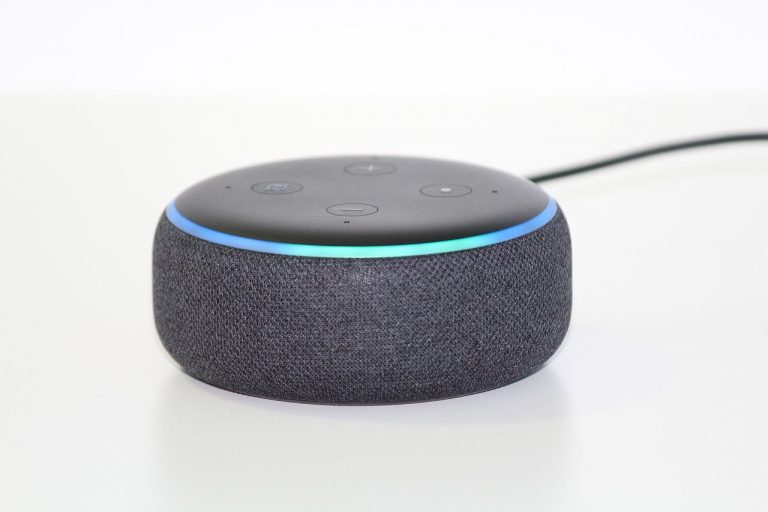People have grown increasingly comfortable with technology all around them. Smart speakers are now commonplace in millions of homes - are they spying on us?

Technology has come to define so much of what we do, and aspire to have, in our lives. With the continuous advancement of AI, the trend is only going to continue and become more exciting. However, by jumping onto each new bandwagon as soon as they release, are we compromising our privacy? New research on Alexa (Amazon) and Google Voice Assistants seems to be pointing towards such an answer.
Smart speaker privacy
Amazon Alexa and Google Home are two smart speakers that can perform a variety of tasks through listening to your voice commands. They are supposed to start listening only when triggered by a specific voice command. For Google Home, the command is ‘Ok, Google’.
For Amazon’s Echo, it is ‘Alexa’.
However, new research published by Consumer Watchdog reveals a darker truth about their practices. Some of the recent patent applications from Amazon and Google show how deeply both of these smart speakers are listening to you.
The paper also depicts a dark future, where these voice assistants could be eavesdropping to every sound you make – from the personal conversations to the ringing of the door bell.
Two different patents, same problem
The patent application submitted by Amazon showcases their plan for an algorithm that would be able to identify a conversation of interest (i.e. I love Baseball), and use it to offer you related products such as baseball caps, equipment etc.
However, Google is planning to take it a step further and monitor everything from screen times to hygiene habits to travel schedules. It is safe to assume that they would be using this information to show you relevant ads and to further extend the consumer personalisation.
Smart speaker privacy should be at the forefront of consumers minds when buying these devices. Are you comfortable with large companies collecting your data? More research is needed into how this data collection may affect our lives in the future.




